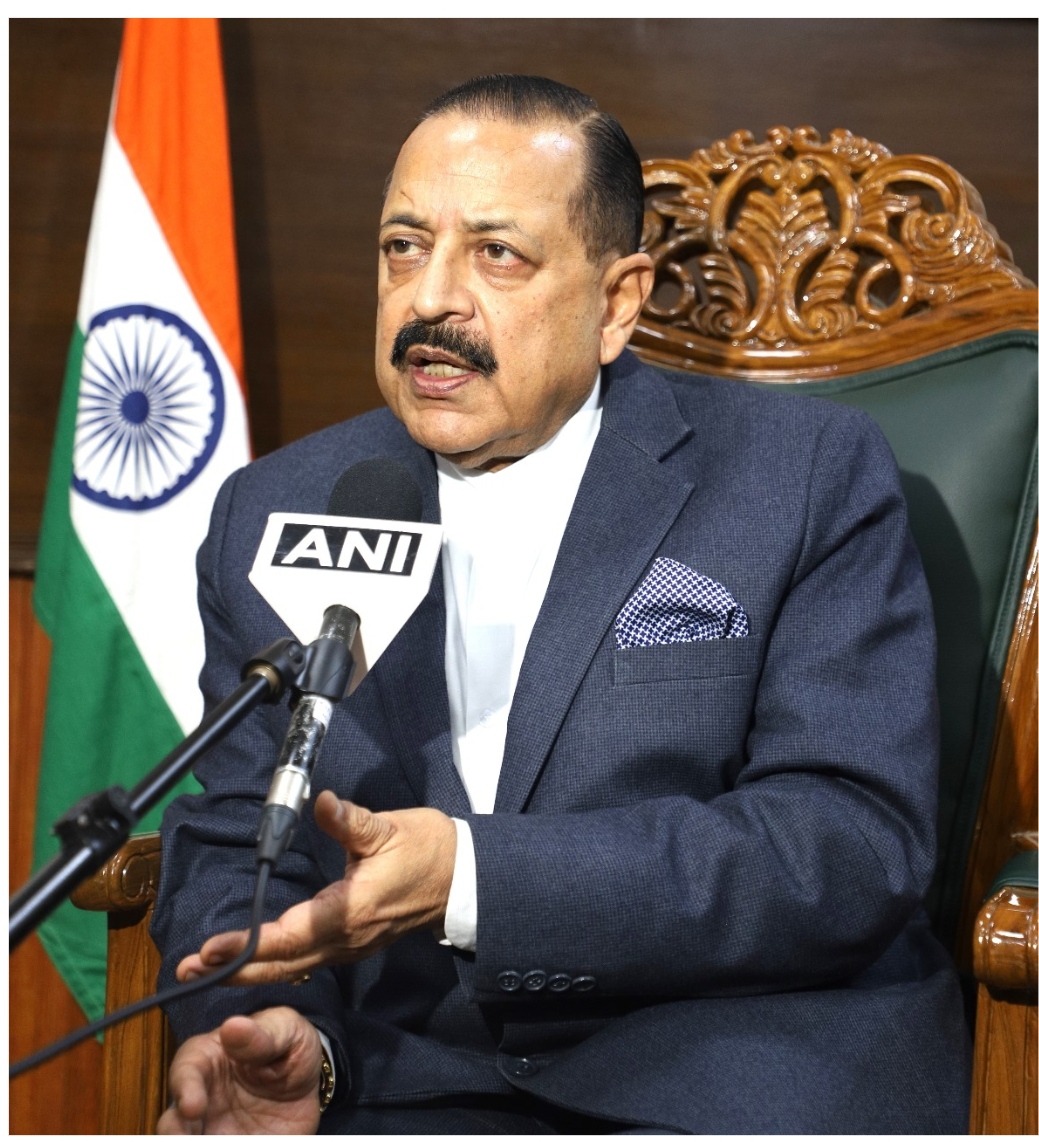WHO 2025 Update to ICD-11 Boosts Global Reporting of Traditional Medicine, Integrating Ayurveda, Siddha, and Unani into Global Health Framework.
New Delhi:
In a landmark move for the global recognition of traditional medicine, the World Health Organization (WHO) has announced an update to the International Classification of Diseases (ICD-11) set for 2025. This update introduces a groundbreaking new module dedicated to traditional medicine conditions, elevating Ayurveda, Siddha, and Unani to an internationally recognized platform for global health reporting, research, and policymaking.
The ICD-11 update follows a year-long testing phase that began in January 2024 with the launch of ICD-11 TM-2 in New Delhi. This was followed by deliberations at the WHO meeting held at the National Institute of Health in Malaysia in November 2024. The ICD-11 TM 2 module has now been officially released on the ICD-11 Blue Browser, marking a historic moment in the systematic tracking and integration of traditional medicine in global healthcare practices.
A Milestone for Traditional Medicine
The inclusion of Ayurveda, Siddha, and Unani in the ICD-11 marks a monumental achievement in the formal recognition of these ancient systems of healthcare. These systems are now officially documented and categorized alongside conventional medical conditions, making them integral components of the global health reporting framework. This development is expected to enhance the visibility, credibility, and research opportunities for traditional medicine on the world stage.
Vaidya Rajesh Kotecha, Secretary of the Ministry of Ayush, expressed the significance of this update: “The release of the ICD-11 update 2025 represents a significant step toward global integration of traditional medicine, specifically Ayurveda, Siddha, and Unani. By allowing dual coding and improving data collection, this update fosters evidence-based policymaking, enhances patient care, and supports the inclusion of traditional medicine in national healthcare strategies, promoting holistic and inclusive healthcare worldwide.”
Improving Global Healthcare with Dual Coding
One of the key features of the new module is the ability for healthcare providers to use dual coding for both traditional and conventional medicine diagnoses. This will allow for comprehensive data collection on the use and effectiveness of traditional medicine practices, enabling systematic tracking of their impact on global health systems.
Dr. Robert Jakob, Team Leader of the Classifications and Terminologies Unit at WHO, emphasized the update’s importance: “With the new updates, ICD-11 offers more ease of use, improved interoperability, and accuracy, which will benefit national health systems and the people they serve.”
Empowering Research and Evidence-Based Policy
This inclusion will enhance global research and evidence-based policymaking by providing standardized terminology for traditional medicine. The new module will:
- Enhance data collection: Global tracking of traditional medicine usage, ensuring comprehensive reporting on its application.
- Facilitate evidence-based policymaking: Supporting the integration of traditional medicine into national healthcare strategies and global health priorities.
- Improve patient care: Enabling healthcare providers to incorporate traditional practices into clinical decision-making for more holistic treatment.
- Boost global comparability: Allowing researchers to analyze the efficacy of traditional medicine alongside modern medical treatments.
Strengthening the Role of Ayurveda, Siddha, and Unani
The formal inclusion of Ayurveda, Siddha, and Unani in ICD-11 highlights their role as integral systems of healthcare that have supported millions of people in India and around the world. This recognition not only enhances their global status but also aligns with the WHO’s mission to promote universal health coverage and sustainable development goals.
The traditional medicine module in ICD-11 is designed to track morbidity data, which will help governments and healthcare institutions assess the frequency, quality, and cost-effectiveness of traditional medicine interventions. This evidence-based approach will empower policymakers to make informed decisions about integrating traditional medicine into national health frameworks.
A Step Toward Holistic Global Health
WHO’s decision to include traditional medicine in the ICD-11 is a major step toward ensuring that all forms of healthcare—both traditional and modern—are accounted for in global health strategies. The move reflects a growing recognition of the value of traditional medicine alongside conventional medical treatments, fostering inclusivity in global health initiatives.
This update to ICD-11 marks a turning point in the way traditional medicine is integrated into modern healthcare systems. With evidence-based research and policy increasingly shaping global health strategies, this historic update is set to reshape the future of traditional medicine, ensuring its continued relevance in global healthcare.


